Part number 199 398 500 A is unlike anything else Volkswagen makes.
Last year, 6.81 million examples of it rolled off the production line at the firm’s Wolfsburg factory, more than any other part. Yet you won’t find it on any Volkswagen car – and you definitely won’t find it being used by any other VW Group brand. That’s because, as you may have guessed, VW part 199 398 500 A is a sausage.
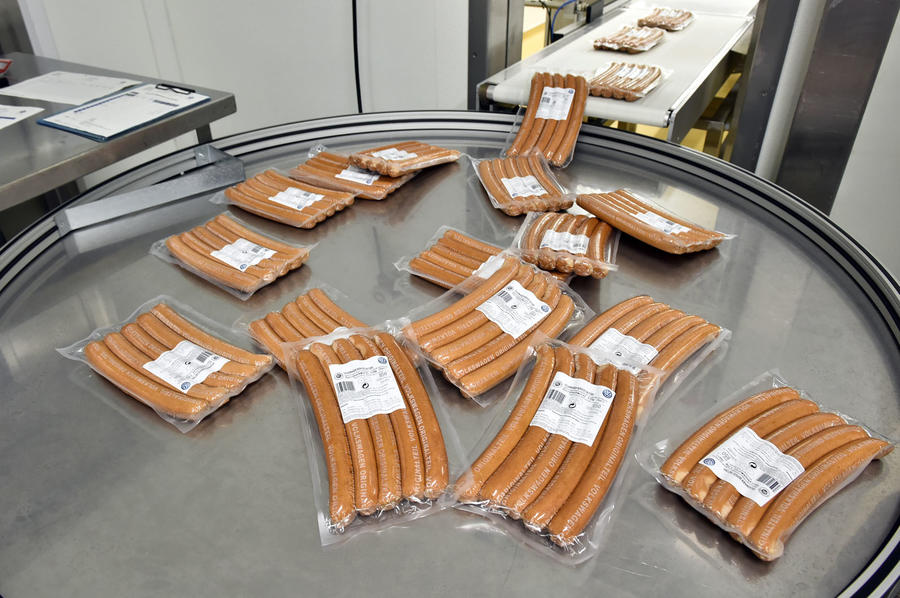
A currybockwurst, to be precise – a 170g, 25cm-long (in standard form) pork sausage infused with spices, usually served doused in curried ketchup with a generous side of chips. And, for 45 years, VW’s currywurst has arguably been the fuel on which one of the world’s largest car firms has run.
Volkswagen has produced food for its workers on site at the Wolfsburg plant since it opened in 1938, initially because of the factory’s remote location. It’s a massive operation: last year, VW’s catering division produced 13,805,370 portions of food. VW started producing currywurst in 1973 – the year before the Volkswagen Golf was launched – and it has been a staple of Volkswagen’s staff restaurants ever since. It’s now so popular that it’s sold in local supermarkets and football stadiums. No wonder, then, that Hern Cordes, the firm’s catering and hospitality boss, says: “Volkswagen has a lot of brands and badges – and currywurst is its own brand.”
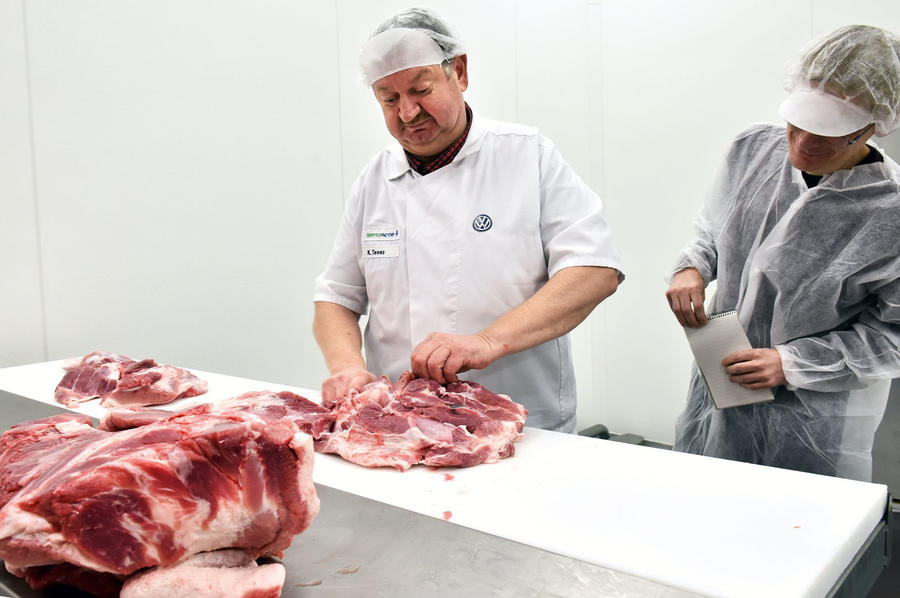

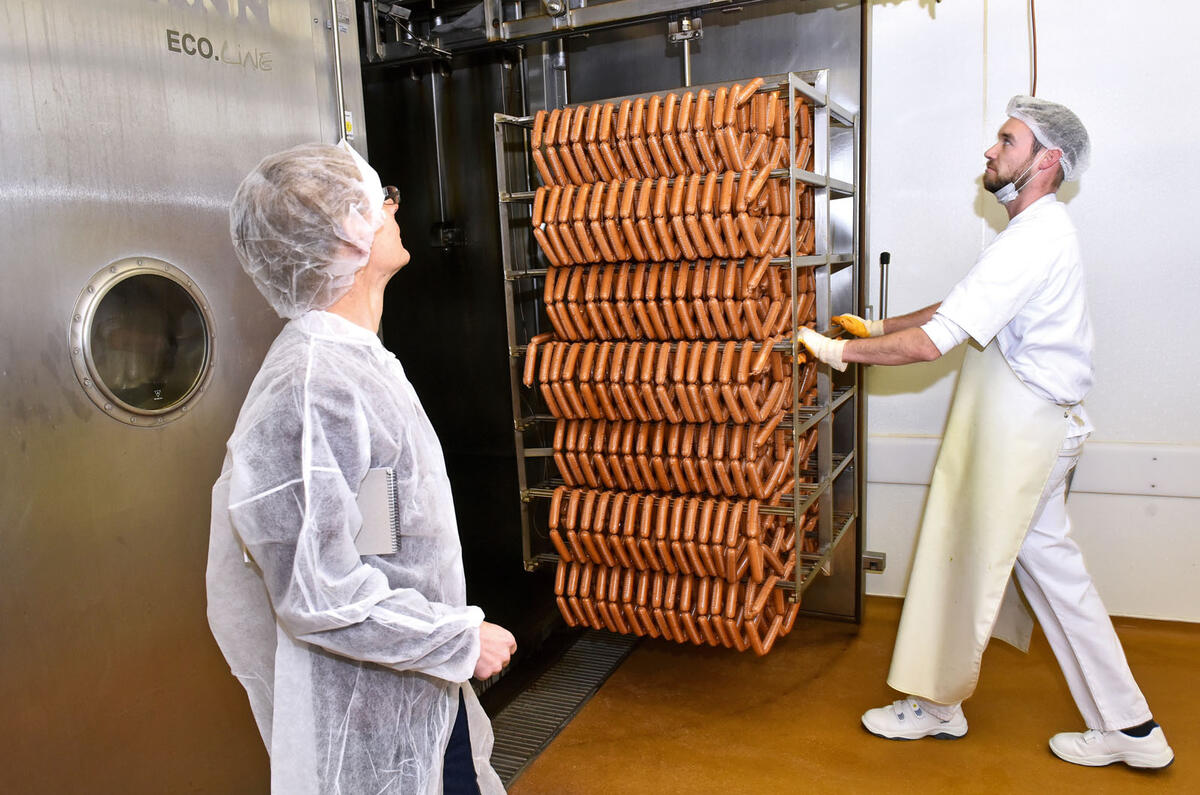
















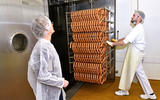

















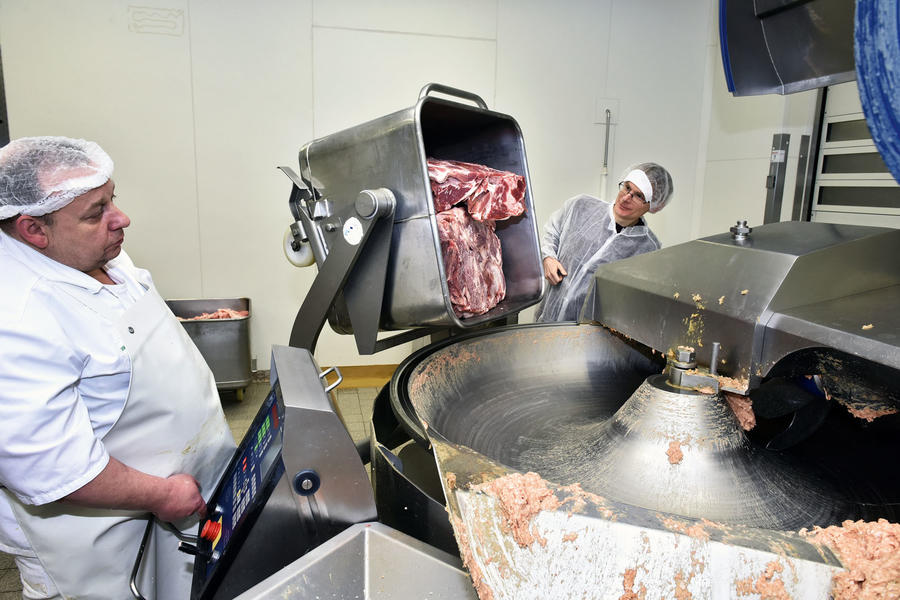
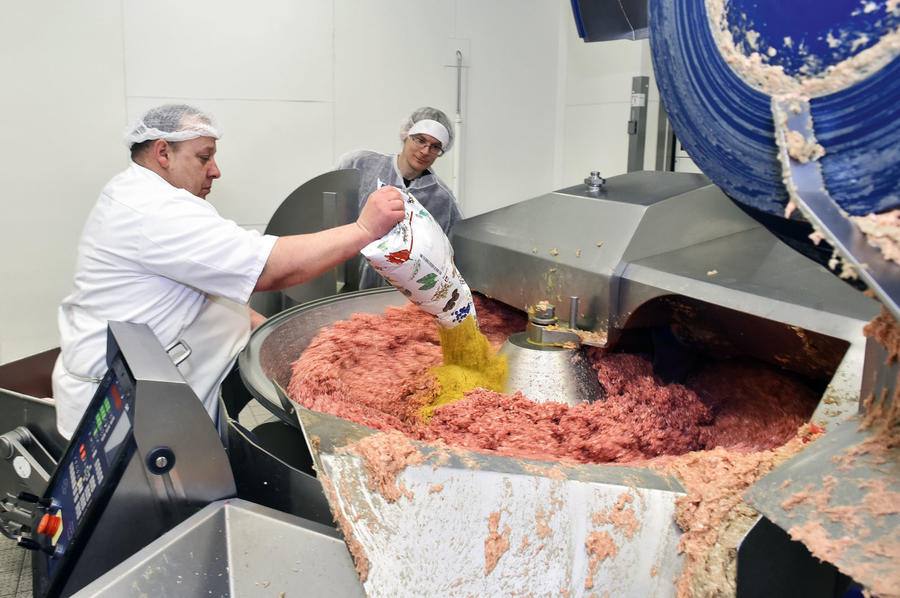

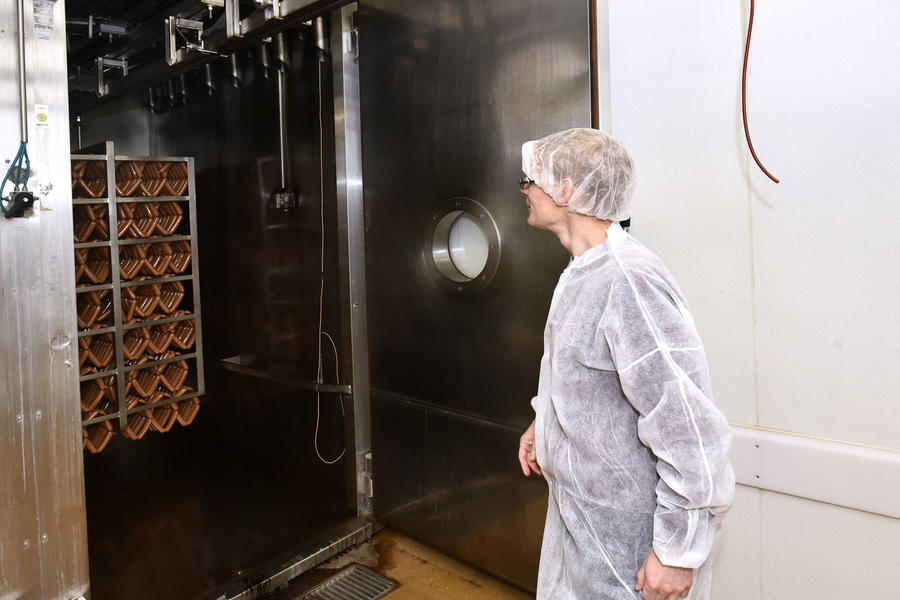
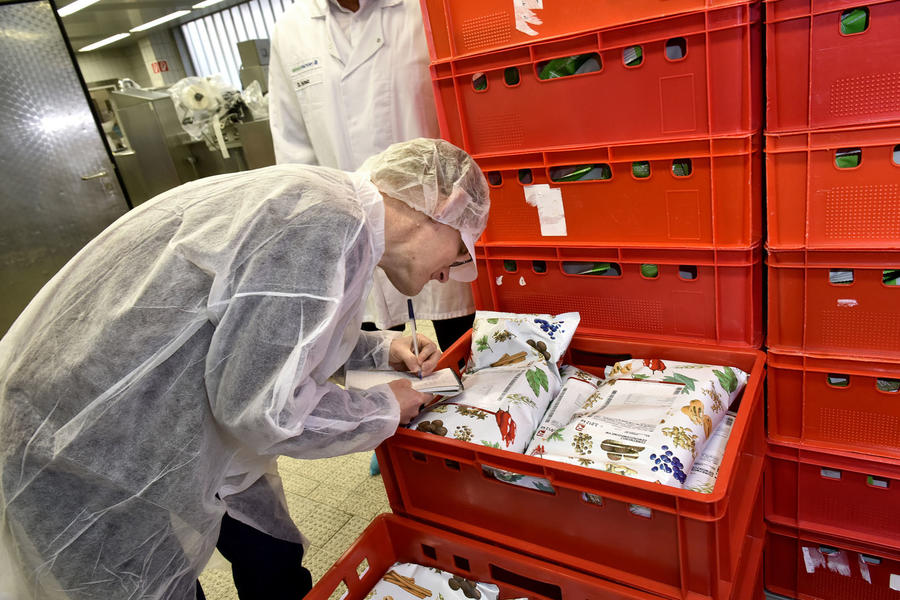
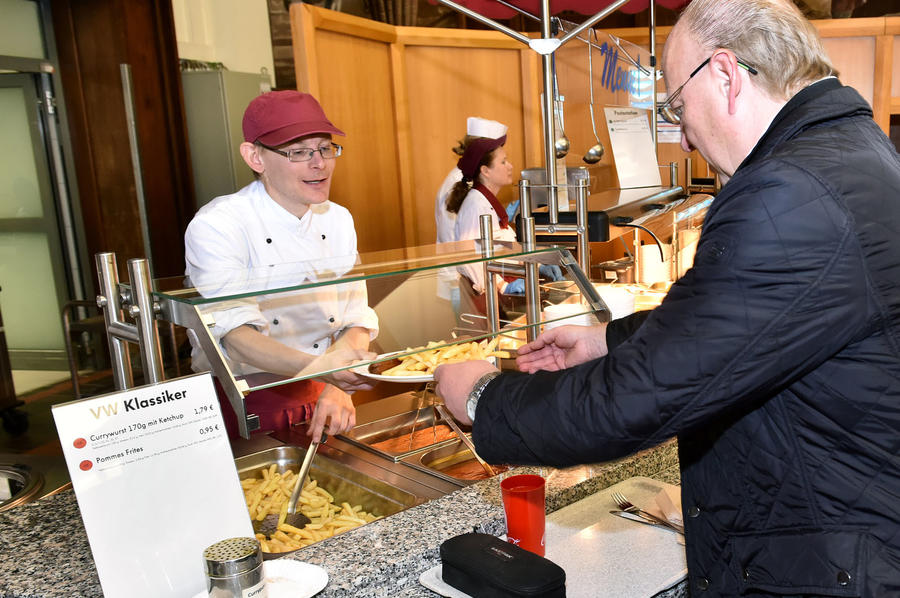
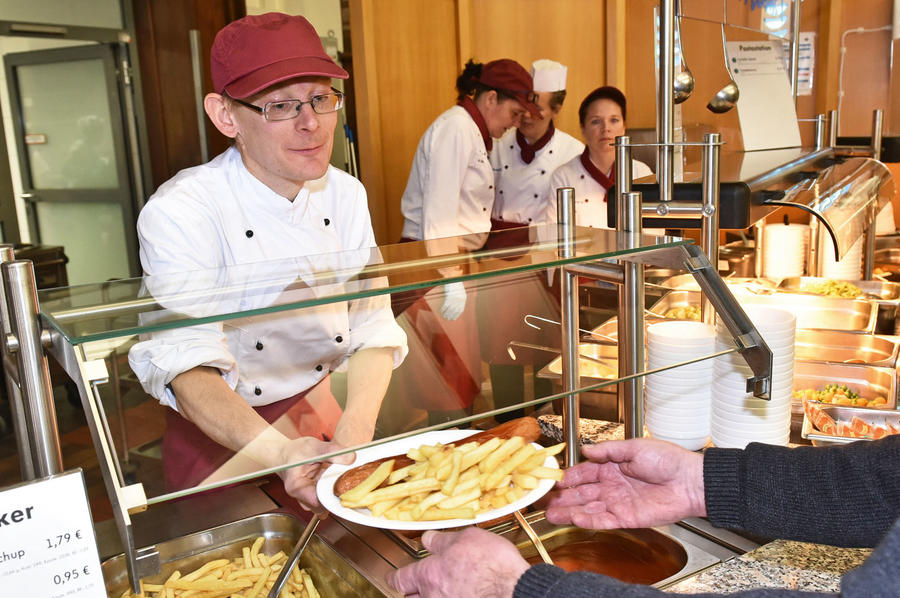






Join the debate
Add your comment
Fascinating stuff, I wonder
Fascinating stuff, I wonder what the emissions after eating too many curryworst would be though :-)
Two articles are a bit to much, but I still enjoyed it
I literally finished the slideshow in the second article, just to find myself reading this extra piece of journalism :))) I don't know what I enjoyed more, the position you were in or the use of German within the article. Whatever it is, you guys need more refreshing articles like this, I can bet you that other manufacturers have similar "quirks and features" within their production line. Rimac, as an example, serves only vegan/vegetarian food I think.
Glenn
What an interesting article.
What an interesting article. And what an interesting question from Peter Cavellini - what would they serve in our factories?
Well you can find that answer in the other comments. What struck me is how VW are looking after their workers, but here in the UK all we can do is mock the idea. What we did was screw the employees - just look at 'Made in Dagenham' for an example of that - the result was strike after strike.
Perhaps our industry would be in a better state too if we'd paid more attention to the the people who actually build the product - all we did was view them with contempt.
Its all very well publicising
Its all very well publicising the fact that you produce sausages to eat in your staff canteens, but I don't think VW management show any consideration for things that really matter to their employees, ie their jobs. The constant obsession with being number one results in repeated short cut engineering decisions such as the defeat device (and previously, underdeveloped DSG and twin-charger engine), with consequent implications for job numbers, and VW customers. VW management said they wouldn't do this any more after they were caught out with 'dieselgate', but already they seem to have forgotten they ever said this. Still, they make lovely canteen meals for those that still have a job.